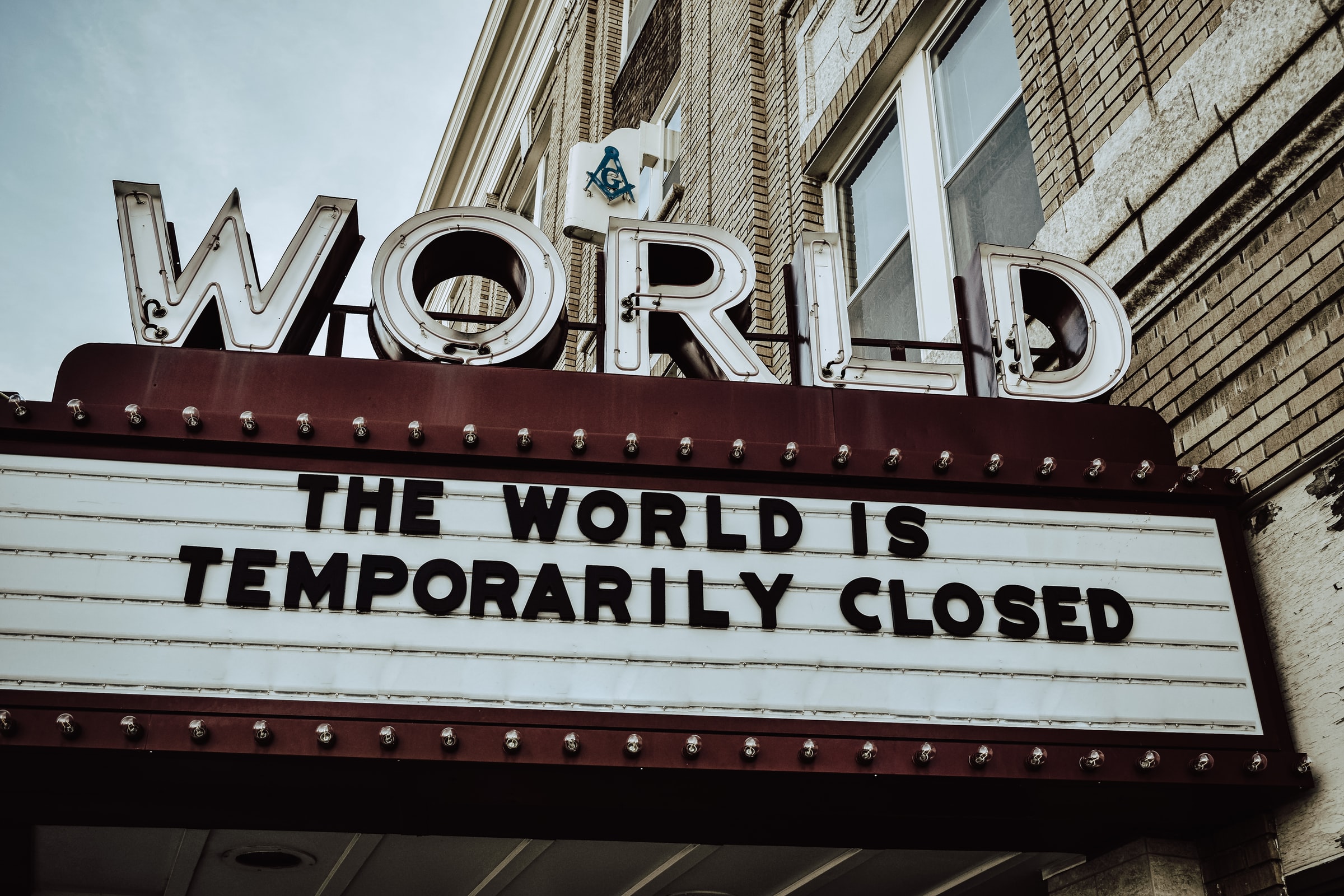Please read my latest article to help you through this very stressful time. More than likely, you are doing many of them as the human race is resilient. Here are some tips based on research that may help you with this acutely distressing and uncharted experience in our human history.
10 Things Mentally Resilient People Do During a Pandemic
Research supports how resilient people behave during a crisis
The COVID-19 pandemic and its implications are not only unprecedented but harrowing. We are all adjusting to new realities and grieving the loss of old ones. As we are trying to gain some sense of normalcy to that which is abnormal: homeschooling, job loss, and being quarantined in our homes with fear of the spread of the Coronavirus. Most of us are exhibiting anxiety, stress, and depression at a minimum. In our field, we call these adjustment disorders- meaning it is normal to feel all of these things if you have had a great life event happen in the last 90 days. Every person has been affected by COVID-19. Negative feelings such as depression, anxiety, and even post-traumatic stress disorder (PTSD). Although this World wide trauma may feel bleak, this is not the first disaster in our history. Researchers have investigated how mentally resilient people have responded to crises such as Ebola, SARS, and the terrorist attacks of 9-11 in New York City. Therefore, we have some idea of how mentally resilient are handling this unchartered experience that feels like more of a science fiction movie or a bad dream, than a reality.
Research has indicated effective ways that mentally strong may behave through adverse experiences and subsequently reduce the likelihood of mental health problems. Further, the mentally strong and resilient may eventually display post-traumatic growth versus post-traumatic stress symptoms. Post-traumatic growth is understood as positive psychological changes that result from traumatic and highly stressful experiences. Although we are in the middle of this crisis, individuals can rise to a higher level of functioning as a result of this very stressful COVID-19 pandemic by understanding what mentally strong people do.
- They understand the news may cause vicarious trauma and limit news and media exposure
Research supports there are two main predictors of how well a person will respond in a crisis or pandemic. The first is how vulnerable they were in their own lives before the crisis. Vulnerable conditions may mean any loss before the pandemic, a history of adverse childhood experiences (ACES), or a history of pre-existing health or mental health issues. The second is how much news they consumed during the crisis as this can create vicarious trauma and PTSD. Media exposure and the 24/7 news cycle can activate “fight or flight” responses, which can lead to traumatic stress. For example in a study conducted after the 9-11 terrorist attacks, several hours of media exposure after 9-11 were associated with PTSD and new physical health issues in participants. In another study conducted during the Ebola outbreak in 2014, daily media exposure was associated with increased distress and poorer functioning over the long term compared to those who limited their news and media intake. Mentally strong people limit their news exposure, choose reliable and responsible print/media, and limit exposure to distressful images shown on the news.
- They accept their feelings as normal
Mentally strong individuals accept their feelings as normal because this is a time for both personal trauma and collective trauma. A resilient individual understands that feelings of fear, anxiety, hopelessness, anger, etc are normal because the information is too overwhelming to process at once. The American Psychological Association also accepts this from a diagnostic perspective.
Based on the Diagnostic and Statistical Manual of Mental Health Disorders (APA-2014), the diagnosis of adjustment disorder with depressed or anxious mood is just that- an adjustment to a stressful life-changing situation. Divorce, death, loss of job, homeschooling, financial problems, and war are all examples of adjusting to a new reality.
Please continue to read this article in Psychology Today
https://www.psychologytoday.com/us/blog/the-pulse-mental-health/202004/10-things-mentally-strong-people-do-during-pandemic
Copyright 2020: Tracy Hutchinson, Ph.D.




